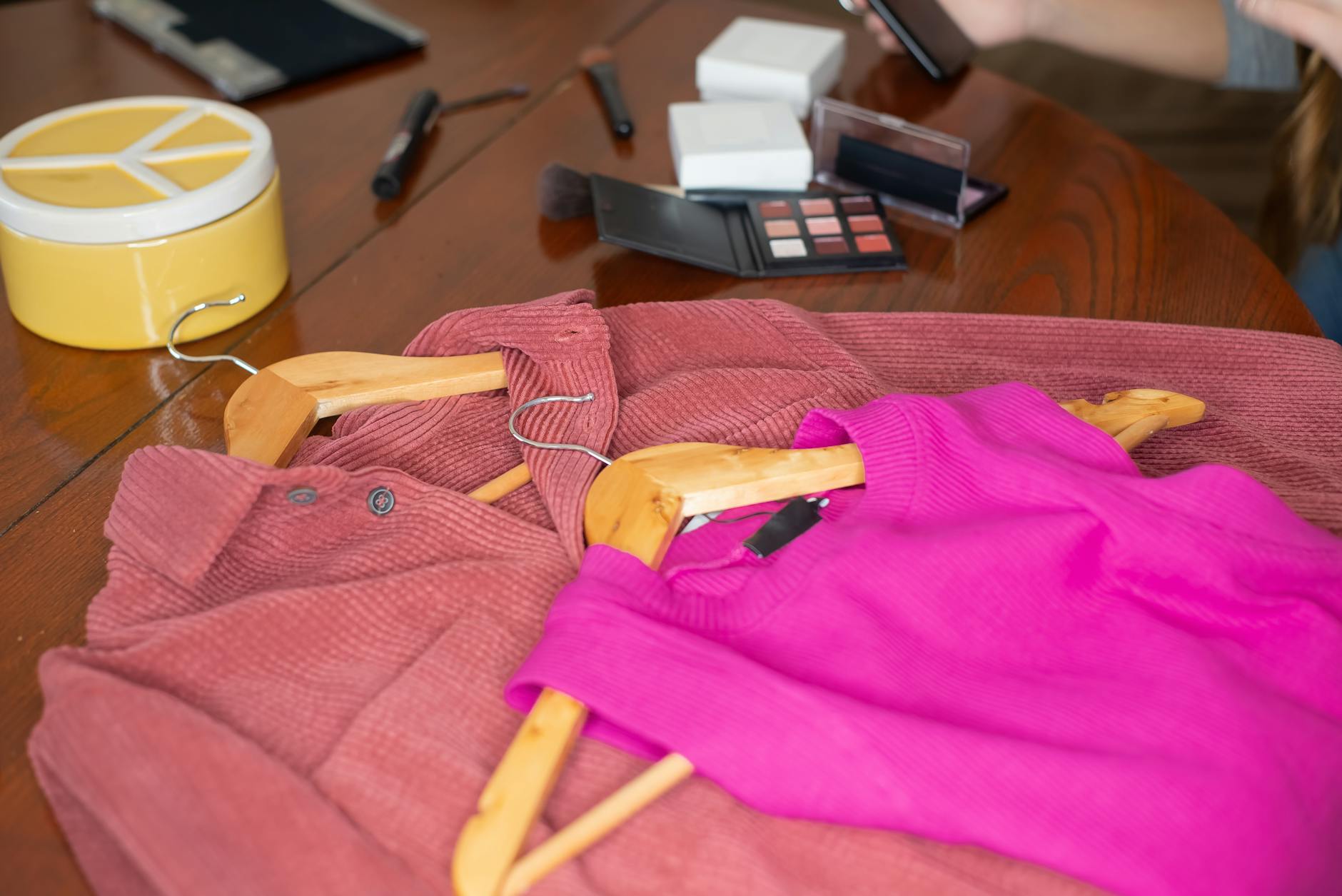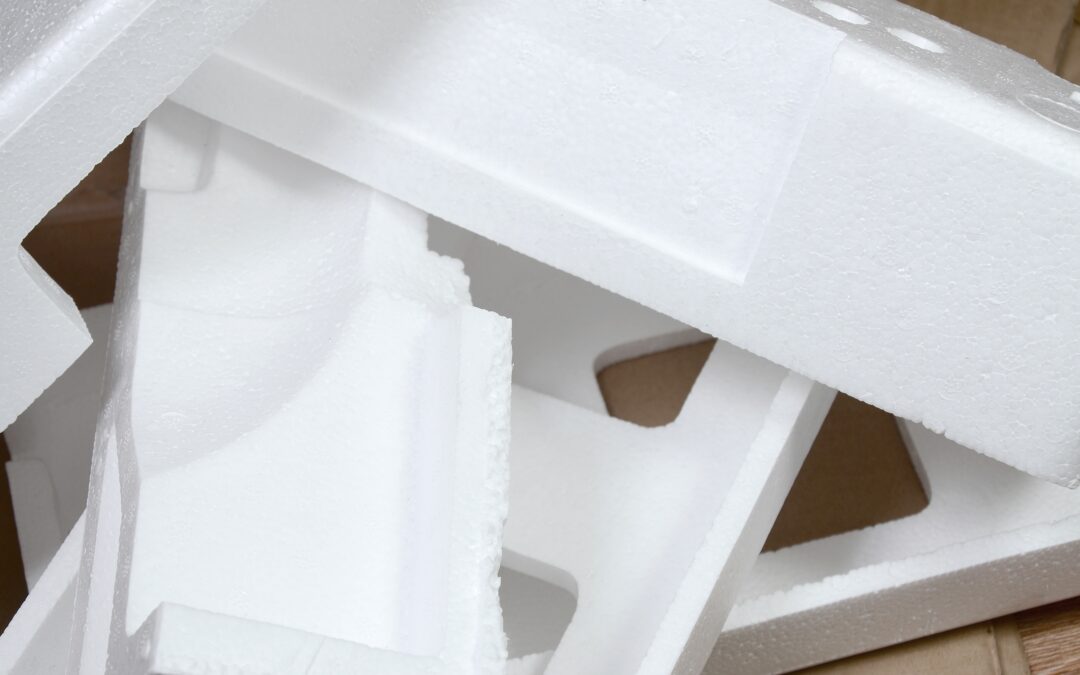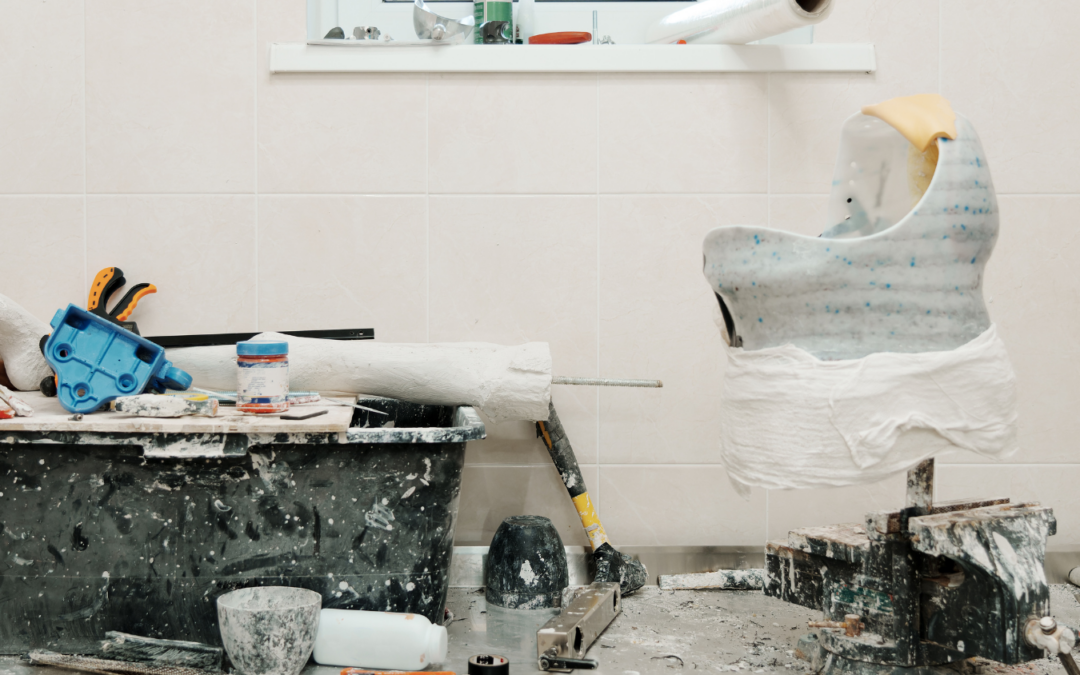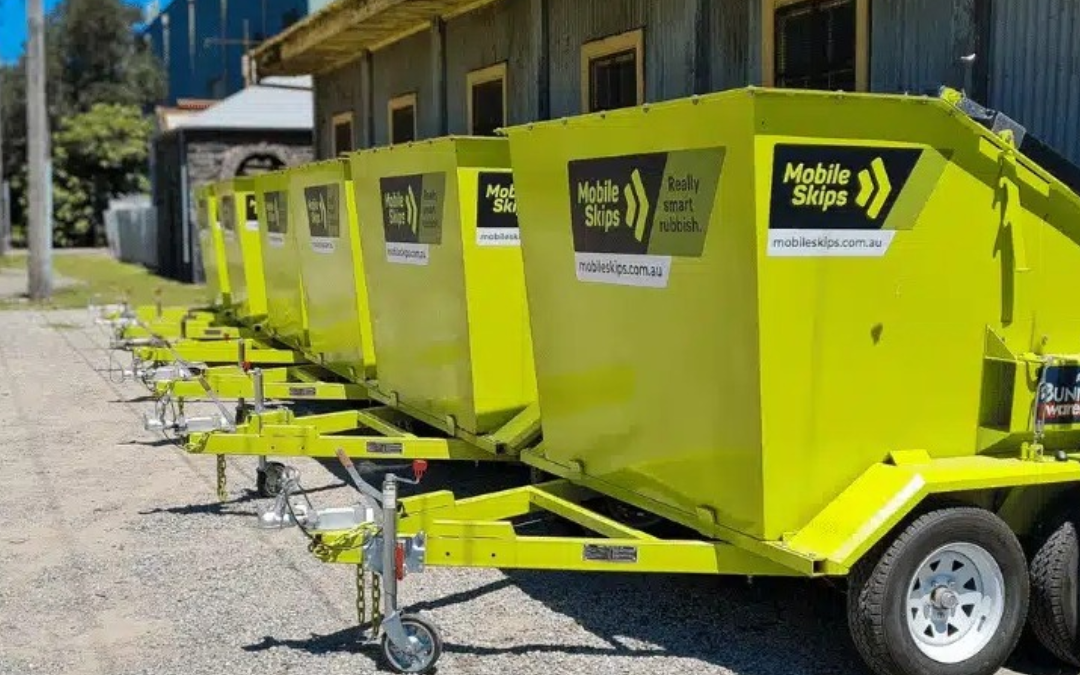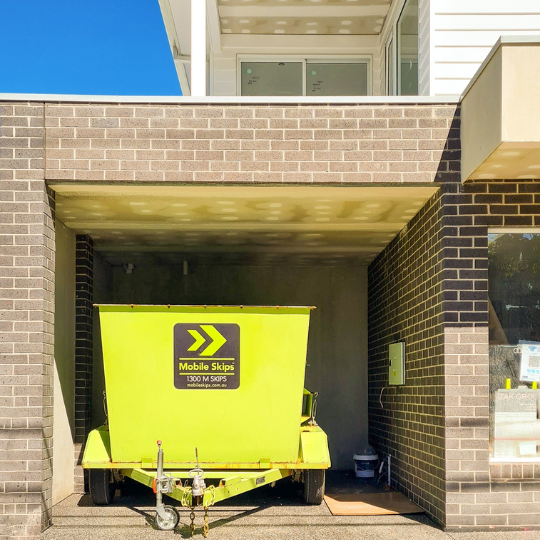Decluttering Your Home
Turning your home into a peaceful, organized haven is easier than you think. Decluttering—sorting through your stuff and letting go of what you don’t need—brings a bunch of perks to your life and space.
Why Declutter?
Decluttering isn’t just about cleaning up; it’s about living better. Here’s why you should give it a shot:
- More Space: Tossing out the junk gives you more room to breathe and enjoy your home.
- Less Stress: A tidy space means a clear mind and less anxiety.
- Boosted Productivity: When everything has its place, you waste less time looking for things and get more done.
- Extra Cash: Selling your unwanted stuff can put some money back in your pocket.
- Better Looks: A neat home is more inviting for you and your guests.
Want more tips on how decluttering can change your life? Check out our decluttering and minimalism guide.
Why Keep Decluttering?
Decluttering isn’t a one-time deal; it’s a habit that keeps your home manageable and stress-free. Here’s why you should make it a routine:
- Stay Organized: Regular decluttering keeps chaos at bay.
- Adapt to Change: As your life changes, so should your stuff. Regularly sorting through things ensures your home fits your current needs.
- Seasonal Clean-Up: Each season brings new activities, making it a great time to declutter (Mobile Skips).
- Moving Made Easy: Decluttering before a move makes packing and settling in simpler (Clear the Clutter, Lighten the Load: Decluttering Before Moving).
- Mindful Living: It promotes thoughtful consumption and a more intentional lifestyle.
For a step-by-step approach, use a decluttering checklist for home to make sure you hit every spot. Remember, decluttering is an ongoing process that helps you create a peaceful home and a richer life.
Sorting and Organizing Stuff
Ready to tackle the chaos at home? Let’s turn that mess into a masterpiece with some easy-to-follow tips. Here’s how you can sort and organize your stuff without losing your mind.
Decluttering Made Easy
Getting rid of clutter doesn’t have to be a nightmare. Follow these simple steps to make the process a breeze:
- Start Small: Pick a tiny spot like a drawer or a shelf. Seeing quick results will keep you motivated.
- Sort Like a Pro: Make piles for what you want to keep, sell, donate, recycle, or toss. Be ruthless!
- Ditch the Extras: If you haven’t touched it in a year, you probably don’t need it. Be honest with yourself.
- Keep It Tidy: Once you’ve decluttered, set up a routine to maintain the order. Regular clean-ups prevent clutter from creeping back in.
Need more tips? Check out our guide on how to declutter your house.
Organizing Tips for Every Space
Now that you’ve decluttered, it’s time to organize. Here are some handy tips for different areas:
- Drawers: Use dividers or small containers to keep things in place.
- Shelves: Group similar items together and use baskets for smaller stuff.
- Countertops: Keep them clear, only leaving out what you use daily.
- Closets: Hang clothes by category or color, and use dividers for folded items.
Here’s a quick reference table for organizing tips:
| Area | Organizing Tips |
|---|---|
| Drawers | Use dividers or inserts |
| Shelves | Use storage baskets |
| Countertops | Keep minimal items; use utensil holders |
| Closets | Sort clothes by type or color; use hangers and boxes |
For more detailed advice, check out our list of home decluttering tips.
Remember, organizing isn’t just about making space. It’s about creating an environment that boosts your mood and productivity. It’s a continuous process that involves decluttering and minimalism, decluttering and cleaning, and even decluttering before moving. Start with our decluttering tips for beginners to ease into the process and make your home a more organized and peaceful place.
Selling Unwanted Stuff
Got stuff you don’t need anymore? Selling it can clear up space and fatten your wallet. With tons of online platforms out there, you can easily find the right spot to sell your things. Let’s check out some popular sites and share tips to price your items just right.
Online Selling Platforms
Picking the right place to sell your stuff is crucial. Here’s a quick look at some popular choices:
- eBay: Great for selling everything from gadgets to clothes. eBay charges up to 15% plus 30 cents per order. You can list items as auctions or fixed prices, and it will re-list unsold items for a week. More about eBay fees.
- Facebook Marketplace: Perfect for selling big items like furniture locally. It’s free to list and sell, and you deal directly with buyers. More about Facebook Marketplace.
- Etsy: Ideal for handmade or vintage items. Etsy charges 20 cents per listing and a transaction fee starting at 6.5%. It’s great for creative and unique items. More about Etsy.
- Poshmark: Focuses on new and used clothing and accessories. Poshmark takes a 20% cut on items over $15. It has a strict return policy to protect sellers. More about Poshmark.
- Amazon: Fees vary based on your selling plan. The Individual plan charges 99 cents per item plus a referral fee of 8% to 15%. The Professional plan costs $39.99 a month and is best for those selling over 40 items monthly. More about Amazon fees.
Choosing the right platform depends on what you’re selling and how much effort you want to put in. For more details on decluttering and selling, check out our guide on decluttering and selling unwanted items.
Tips for Pricing Your Items
Pricing can be tricky, but with the right approach, you can attract buyers and make a good profit. Here are some tips:
- Research: Check what similar items are selling for to get an idea of market value.
- Condition: Consider the condition of your item. New items can fetch higher prices than used ones.
- Scarcity: Rare or hard-to-find items can be priced higher.
- Demand: High-demand items can be priced more aggressively.
- Platform Fees: Factor in the fees of the platform you’re using. Higher fees might mean you need to list at a higher price to make a profit.
| Item Condition | Pricing Strategy |
|---|---|
| New with tags | List at 50-75% of retail price |
| Gently used | List at 30-50% of retail price |
| Well-loved | List at 10-30% of retail price |
For more tips on decluttering and organizing your items for sale, check out our home decluttering tips. By following these guidelines, you can turn your clutter into cash and enjoy a more spacious home.
Donating Responsibly
As you sort through your stuff, you might stumble upon things you don’t need anymore but could be a godsend for someone else. Donating responsibly means picking the right charities and making sure your stuff ends up where it can do some good.
Picking the Right Charities
When you’re deciding where to donate, think about what the charity does and how it helps people. Here are some solid options:
-
The Salvation Army: Since 1865, they’ve been helping folks in tough spots, from domestic abuse survivors to disaster victims. Plus, they’ll pick up your furniture for free, so you don’t have to lift a finger.
-
Goodwill: Around since 1902, Goodwill creates job opportunities and offers training for young people, seniors, and those with disabilities. They also do free pickups (Moving.com).
-
AMVETS National Service Foundation: Since 1948, AMVETS has been backing U.S. veterans with community programs and job training.
-
Habitat for Humanity: Founded in 1976, they build affordable homes and fund their projects through Habitat ReStores, where you can donate furniture.
While you’re at it, maybe when you’re decluttering before a move, take stock of what you have. Marie Kondo, the tidying-up guru, says to ditch anything that doesn’t “spark joy” (Moving.com).
Getting Rid of Unwanted Stuff
Sometimes, you can’t donate things because they’re too beat up or just not needed. Here’s how to handle that:
-
Recycle: If it can’t be donated, see if it can be recycled. Many local councils have recycling programs for various materials.
-
Council Collection: Big items like furniture and appliances can often be picked up by your local council. Check their website for bulk collection services.
-
Special Disposal: For hazardous stuff or electronics, look for special recycling centers or community events that handle safe disposal.
By donating responsibly and disposing of items properly, you’re not just making space in your home—you’re helping the community and the planet. As you keep decluttering and organizing, remember that your actions can make a big difference beyond your own four walls.
Environmental Impact
When you’re cleaning out your home, it’s important to think about what happens to the stuff you don’t want anymore. Your choices can either add to the landfill problem or help save the planet.
Recycling Household Items
Getting rid of household items? Recycling is your best friend. Here’s the lowdown on recycling common stuff:
- Appliances: Got an old fridge or washer? If they still work, donate them. If not, take them to a recycling center. Many local charities will take working appliances, and specific recycling centers handle the non-working ones (Guardian Storage).
- Hazardous Materials: Things like car batteries and paint need special disposal to avoid messing up the environment (Guardian Storage).
- Everyday Items: Light bulbs, clothes, and books can be donated or recycled instead of tossed in the trash.
Here’s a quick cheat sheet for recycling:
| Item Type | Disposal Option |
|---|---|
| Appliances | Donate or recycle |
| Hazardous Materials | Special disposal centers |
| Common Household Items | Donate, sell, or recycle |
Recycling helps cut down your carbon footprint, saves resources, and supports the circular economy. For more tips on recycling, check out decluttering and recycling.
Promoting Sustainability
Donating and selling your unwanted stuff isn’t just about clearing space—it’s about being green. Giving items a second life supports a circular economy, which is key to sustainable living.
- Donations: Donate to local charities. You’ll help those in need and encourage others to buy secondhand, which reduces the demand for new products and cuts CO2 emissions.
- Selling: Selling your items keeps them out of landfills and promotes reuse. It can also inspire others to consider secondhand goods before buying new ones.
Embracing decluttering and minimalism can boost your sustainability game. Owning less means consuming less, which reduces the production of goods and eases the strain on natural resources.
In short, as you start decluttering and selling unwanted items, remember that your choices matter. Recycle, donate, and sell to give your stuff a new purpose. Each action helps create a healthier planet and a more sustainable future. If you’re new to this, our decluttering tips for beginners might come in handy.
Tax Deductions and Fees
Selling your stuff and dealing with tax deductions can feel like a maze, but getting a grip on these can save you some cash and headaches.
Claiming Charitable Deductions
Got stuff to give away? Donating to charities like The Salvation Army or Goodwill can score you some tax deductions. When you drop off your donations, make sure to grab a receipt. This little piece of paper is your ticket to claiming those deductions on your tax return.
To make it official, you’ll need to itemize your deductions. Keep a record of which charity you donated to, what you gave, and how much it’s worth. A chat with a tax pro or a peek at the Australian Taxation Office guidelines can help you get it right.
Here’s a quick look at some charities and what they do:
| Charity | Founded | Services Offered |
|---|---|---|
| The Salvation Army | 1865 | Helps folks in need, like domestic violence victims and the elderly. They even pick up furniture for free. |
| Goodwill | 1902 | Offers jobs and training programs for various groups. |
| AMVETS National Service Foundation | 1948 | Supports U.S. war vets with outreach and job training. |
| Habitat for Humanity | 1976 | Provides housing for families and runs thrift stores for furniture donations. |
Info from Moving.com.
Understanding Selling Fees
Selling online? Each platform has its own fees, which can be a flat rate or a percentage of your sale. These fees can sneak up on you, so it’s smart to know them before you start selling.
Check out the fee structure of the platform you’re using. You might face listing fees, transaction fees, or payment processing fees. Each platform has its own rules, so do your homework to dodge any surprises.
By knowing about tax deductions and selling fees, you can make more money while clearing out your home. Keep good records and receipts for both donations and sales to make things smooth when it’s time to handle the financial side of your decluttering.

